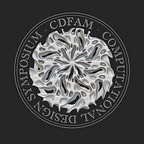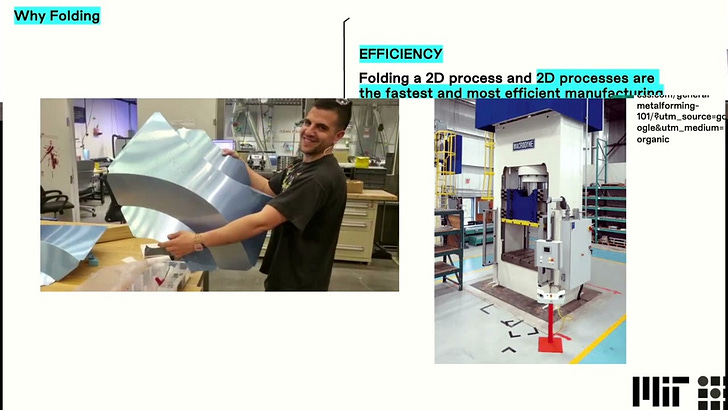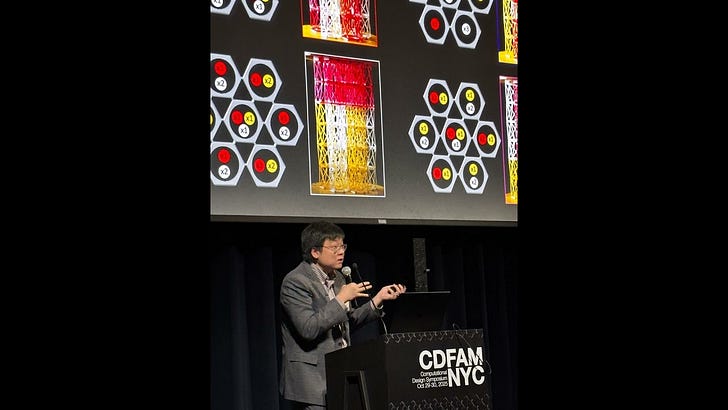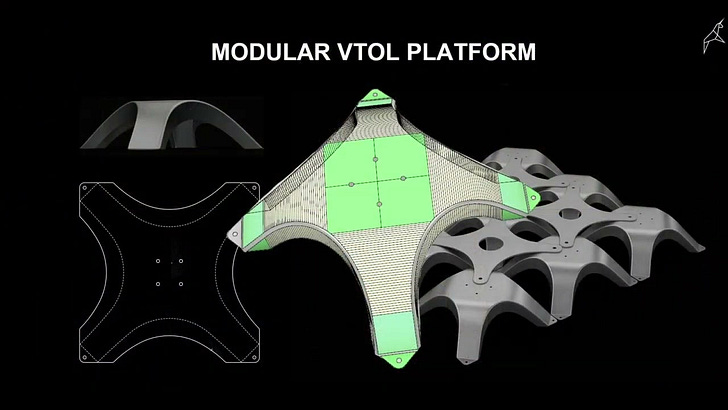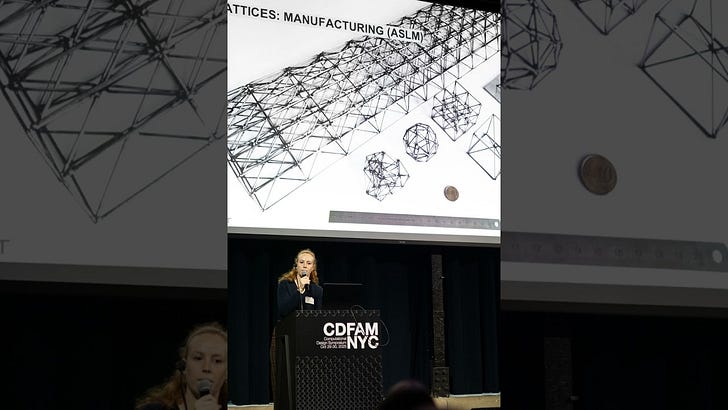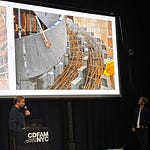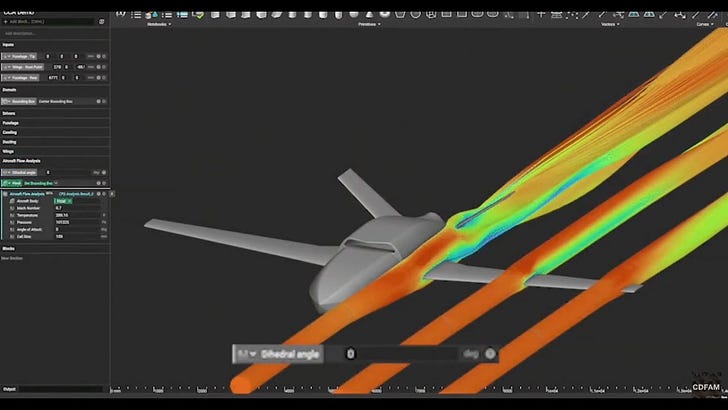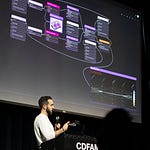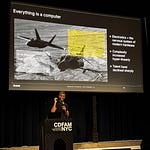Recorded at CDFAM Computational Design Symposium, NYC 2024
Presentation Abstract
In the context of traditional and advanced industrial settings, the adoption of Scientific Machine Learning (SciML) requires operating in digital-physical environments governed by large-scale, three-dimensional, multi-modal data streams that are confounded with noise, sparsity, irregularities and other complexities that are common with machines and sensors interacting with the real, physical world. Digital engineering domains—that is CAD, CAM, CFD, and so on—and advanced manufacturing settings provide exemplary environments to separate tried & tested SciML from unreliable “AI” and game engines. This talk elaborates on such digital-physical environments and the non-trivial needs from computational design and engineering tools. Special attention is given to differentiable programming in multi-physics settings, which done well is the catalyst for bringing autonomous, data-driven, machine-learnable techniques to advanced manufacturing and digital engineering worlds.
Speaker Bio
Alexander Lavin is a leading expert in AI-for-science and probabilistic computing. He’s Founder & CEO of Pasteur Labs (and non-profit “sister” Institute for Simulation Intelligence), reshaping R&D with a new class of AI-native simulators, commercializing in energy security, aerospace, materials & manufacturing sectors. For the last dozen years, Lavin has focused on artificial general intelligence (AGI) research with top startups in neuroscience and robotics (Vicarious, Numenta), and sold his prior ML-simulation startup Latent Sciences to undisclosed pharmaco in neurodegeneration R&D.
Lavin also serves as AI Advisor for NASA, overseeing physics-ML efforts for the NASA-ESA “Digital Twin Earth” projects. Previously, Lavin was a spacecraft engineer with NASA and Blue Origin, and won several international awards for work in rocket science and space robotics (including Google Lunar XPrize during graduate studies at Carnegie Mellon). Lavin was named Forbes 30 Under 30 in Science, and a Patrick J. McGovern Tech for Humanity Changemaker.
CDFAM Computational Design Symposium series brings together leading experts in computational design from industry, academia and software development for two days of knowledge sharing and networking.
Visit CDFAM.COM to learn about upcoming events around the world.

